Mr. Ho Tan Minh, Chief of Office of the Department of Education and Training of Ho Chi Minh City, explained the collection of fees at the beginning of the new school year, including why every year we have to... pay for air conditioning.
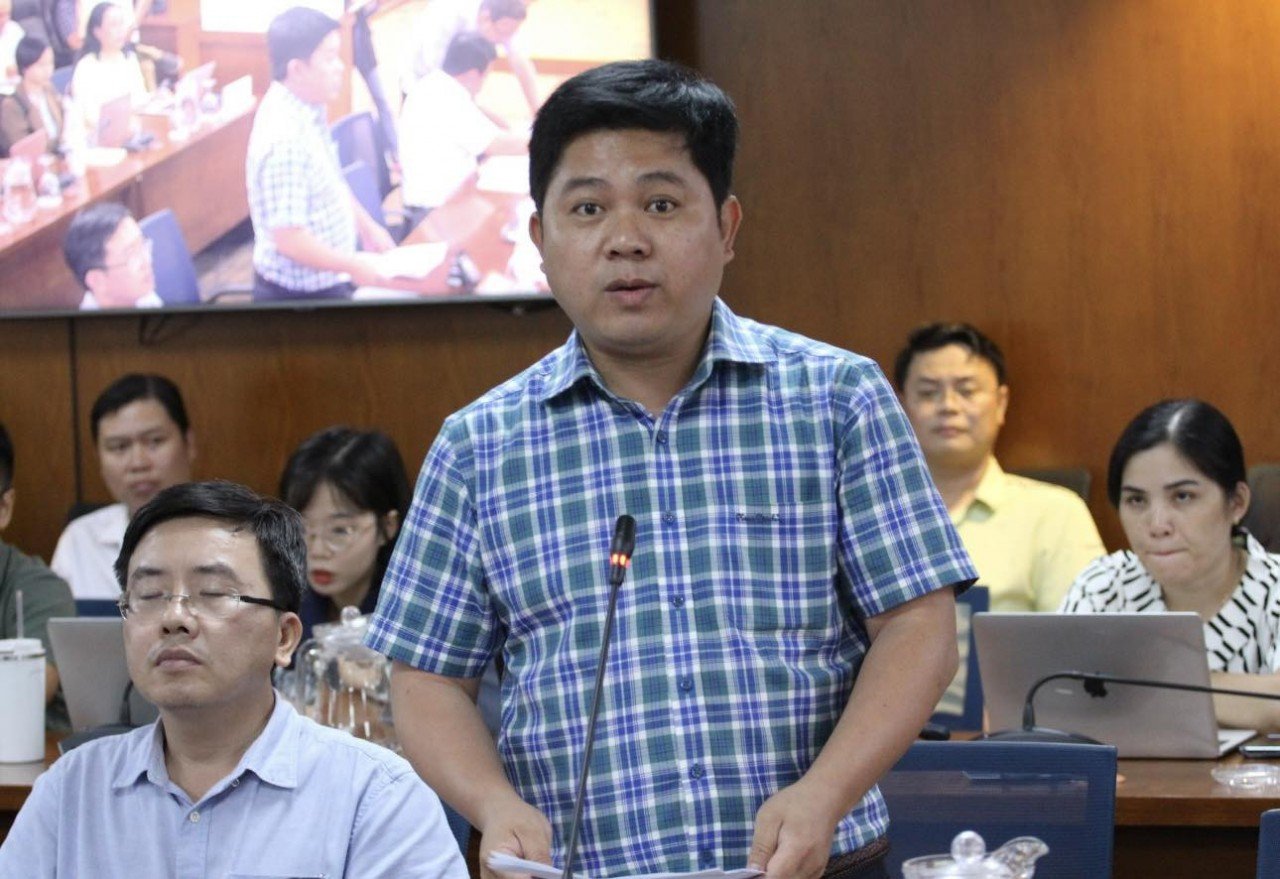 |
| Mr. Ho Tan Minh, Chief of Office of the Department of Education and Training of Ho Chi Minh City, explained why he has to pay for air conditioning every year. |
Seriously rectify overcharging
Mr. Ho Tan Minh, Chief of Office of the Department of Education and Training of Ho Chi Minh City, said that the Department has coordinated with sectors, districts and counties to draft an official dispatch guiding the implementation of Resolution 04/2023 of the People's Council of Ho Chi Minh City.
The draft document requires ensuring that the collection content (identification), names of service revenues serving and supporting educational activities (excluding tuition fees) must ensure the correct names of 26 collection contents, belonging to 4 groups according to classification.
All collection levels of service fees to support educational activities (excluding tuition fees) must ensure that they do not exceed the maximum collection levels prescribed for each group according to locality classification.
Based on the content and collection framework prescribed by decentralization, public educational institutions, based on the actual situation, material conditions and parents' needs, develop revenue and expenditure estimates for each specific content, suitable for each unit in the 2023-2024 school year.
The draft document guiding the implementation of Resolution 04/2023 also states that all revenues must be fully and publicly announced in writing to parents, students, and pupils. The school's finance department collects money, issues receipts, and invoices for each student, and does not assign teachers to directly collect and pay money. All revenues must ensure non-cash payments.
In addition, the Department also requested to strengthen inspection, examination and supervision of revenue and expenditure at the beginning of the school year, promptly correcting the situation of collecting illegal fees.
Why do we campaign to collect air conditioning fees every year?
Regarding the fees for air conditioning and repairing facilities in classrooms, which are collected every school year, Mr. Ho Tan Minh said that this is in accordance with the regulations in Circular No. 16/2018 of the Ministry of Education and Training on funding for educational institutions.
Accordingly, educational institutions mobilize and receive funding to implement the following contents: Equip equipment and supplies for teaching and learning; equipment for scientific research; Renovate, repair, and construct construction items serving educational activities at educational institutions; Support educational activities, training, and scientific research.
At the same time, this Circular encourages sponsors to organize investment and construction in the form of "turnkey" equipment procurement and complete installation for handover to educational institutions.
The Circular also stipulates that the Department's guiding documents must ensure the principles of voluntariness, publicity, transparency, no coercion, no regulation of average funding levels, no regulation of minimum levels, no exploitation to force contributions and no consideration of funding mobilization as a condition for providing education and training services.
In fact, schools in need of funding have made plans to raise funding according to regulations and submitted them to the governing body for approval. Most schools have mobilized significant funds to support facilities and educational activities for the schools; and annually carry out settlement procedures according to regulations.
Many schools mobilize money to buy, repair air conditioners, and repair facilities every year for many reasons. Regarding air conditioners, each year schools that need to equip air conditioners (with agreement with parents) only buy or repair air conditioners on a rolling basis, each year only equipping a certain number of classrooms.
In the following school years, we can continue to buy more to equip other classrooms, so we should continue to mobilize. During operation, the machine may be damaged, so we need to mobilize funds for maintenance and repair. Paying for electricity separately for air conditioning use must also mobilize sponsorship, along with purchasing and using because air conditioning is a type of equipment that consumes a lot of electricity.
While electricity usage is always limited, using electricity beyond the limit will apply a higher electricity price than the price in the limit. Some air conditioners that have been used for a long time and have expired also need to be replaced.
Regarding facilities, many schools built recently or built for many years are degraded and damaged, requiring funding for renovation and repair while state funding is limited. Therefore, every year, schools need to renovate and repair classrooms, toilets, sports fields, gymnasiums, etc. In addition to state funding, they need to mobilize funding from socialization.
Each year, schools only do a few projects, raising funds based on needs and in agreement with parents.
Regarding teaching support equipment such as sound systems, projectors, and screens to improve teaching quality, schools also have plans to mobilize funding based on agreements with parents in the first meeting of the year.
According to Mr. Minh, the current limitation is that most units still focus on mobilizing from parents through the Parents' Representative Board; they have not expanded to other funding sources such as companies, businesses, philanthropists... At the beginning of the school year, in addition to many expenses such as books, school supplies, uniforms... if we add funding, it will be a burden for parents.
Therefore, the Department proposed a solution that schools need to continue to expand the objects of sponsorship mobilization, not just focus on one object, parents of students, and not focus on fundraising at the beginning of the school year.
Source




![[Photo] Closing of the 11th Conference of the 13th Central Committee of the Communist Party of Vietnam](https://vstatic.vietnam.vn/vietnam/resource/IMAGE/2025/4/12/114b57fe6e9b4814a5ddfacf6dfe5b7f)

![[Photo] Overcoming all difficulties, speeding up construction progress of Hoa Binh Hydropower Plant Expansion Project](https://vstatic.vietnam.vn/vietnam/resource/IMAGE/2025/4/12/bff04b551e98484c84d74c8faa3526e0)

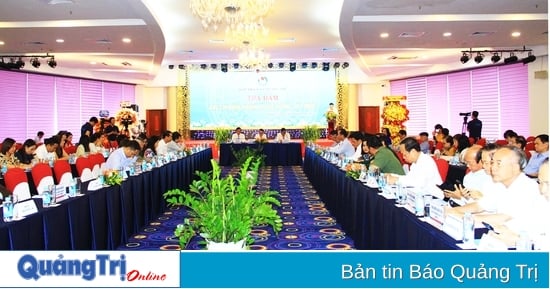








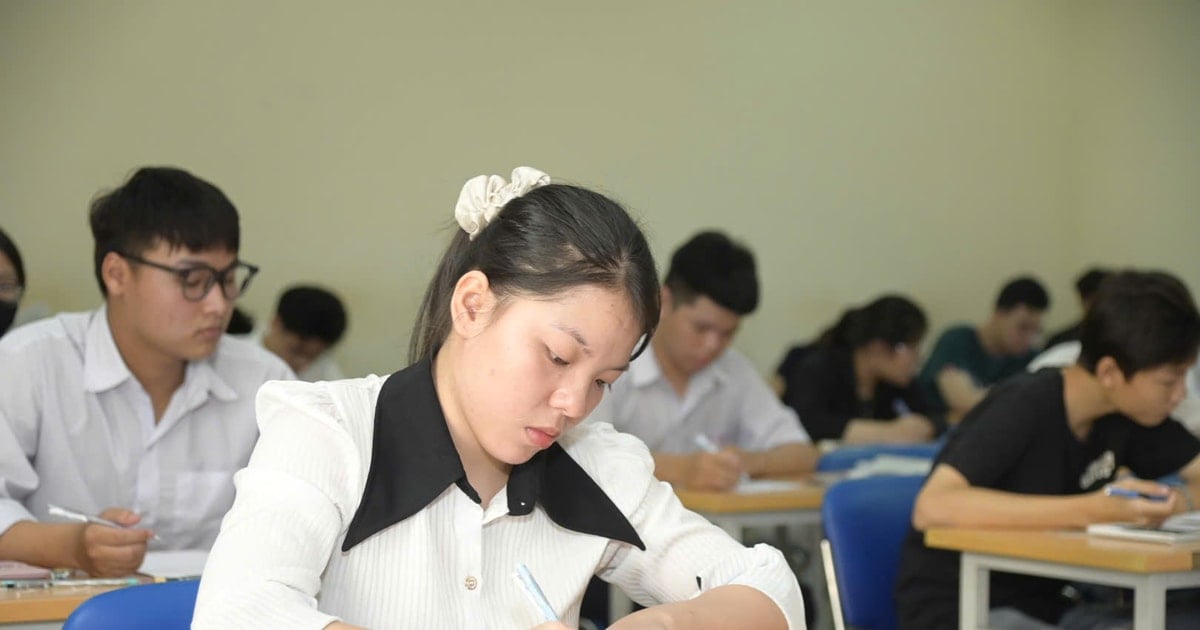

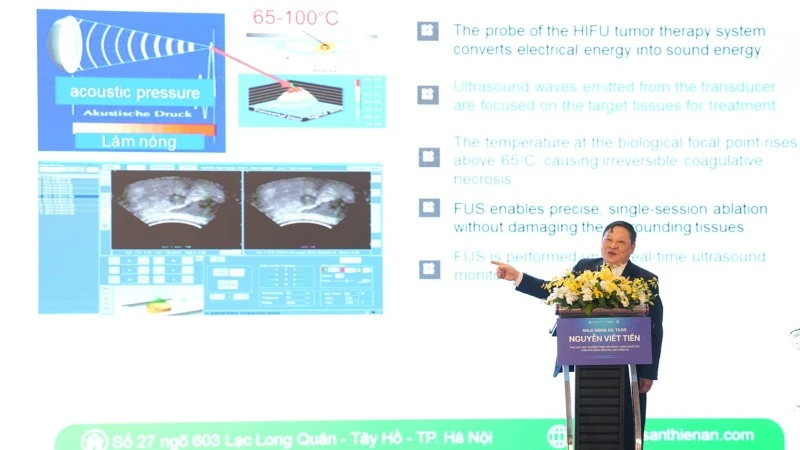
![[Video] First time in Vietnam: Successful implantation of 3rd generation partial artificial heart](https://vstatic.vietnam.vn/vietnam/resource/IMAGE/2025/4/12/8817412224094c68ba2c744b7bd5cfea)



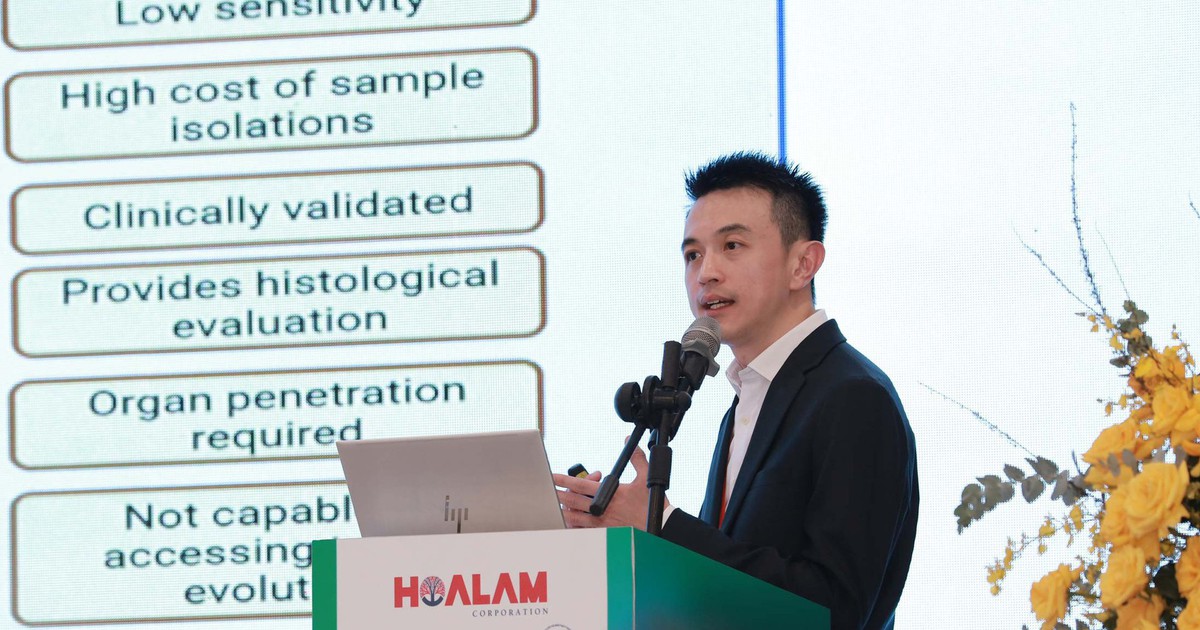



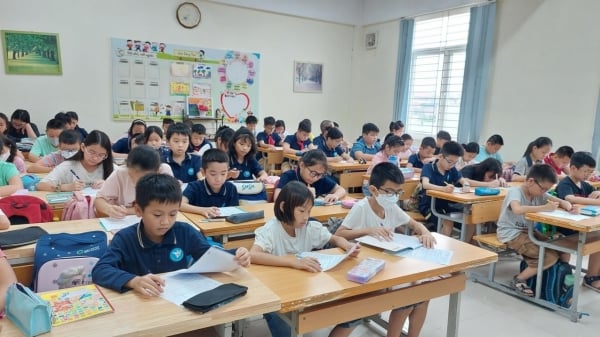
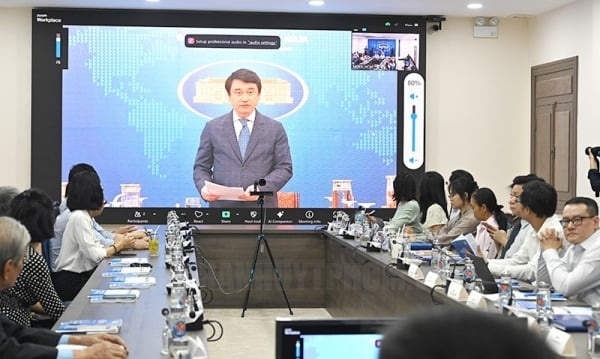



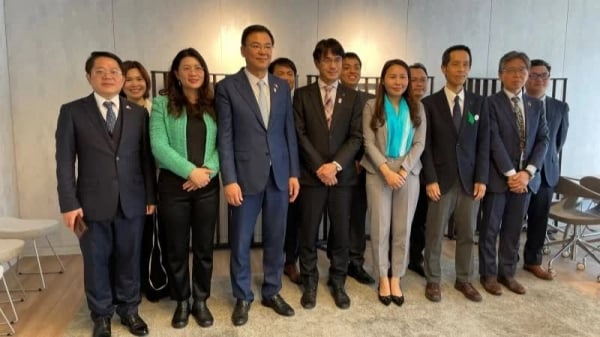













































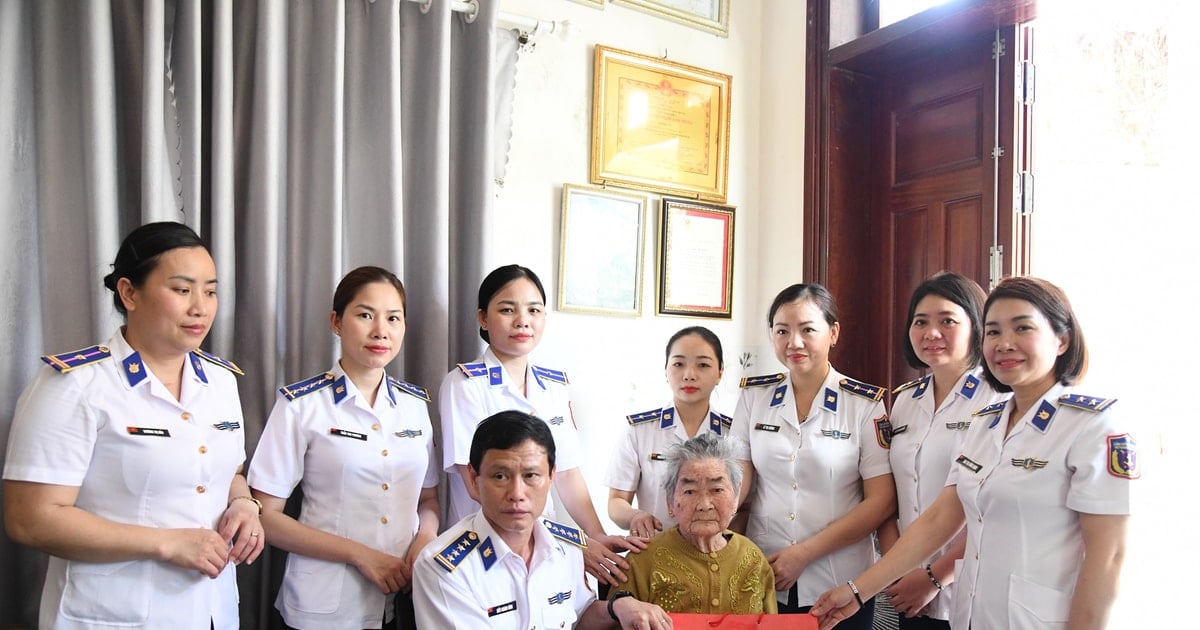


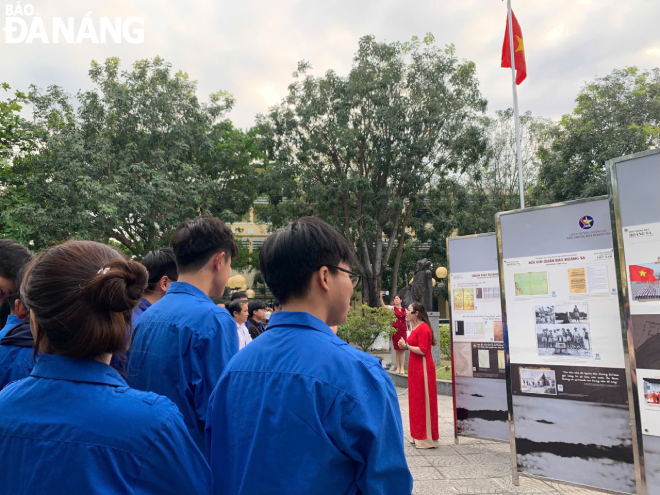

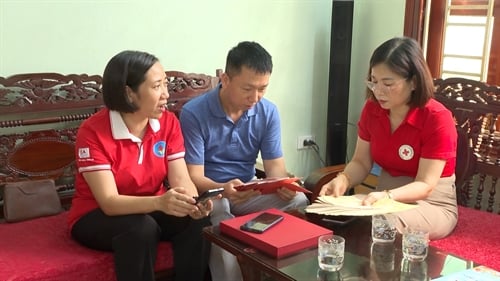
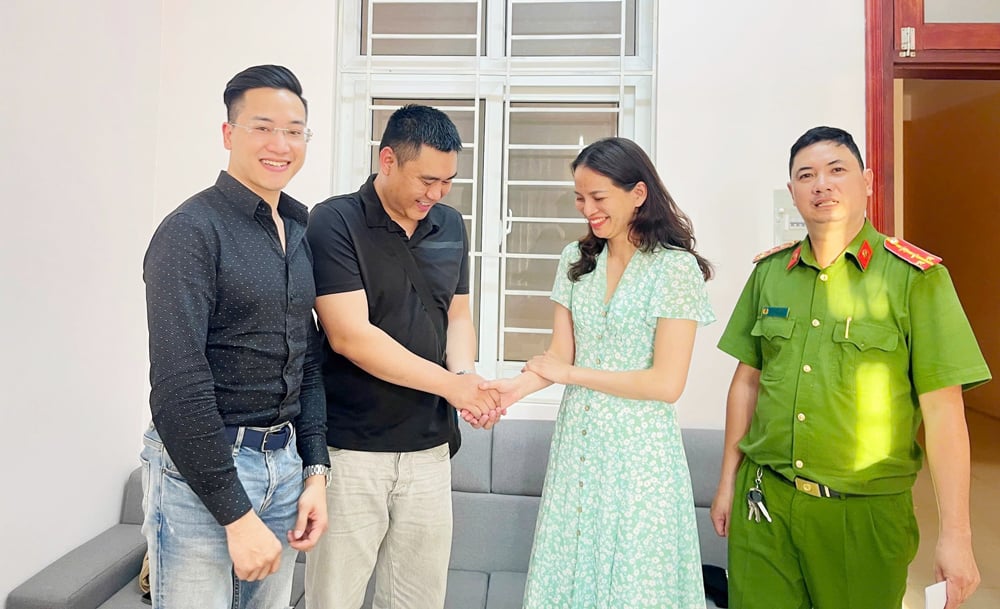

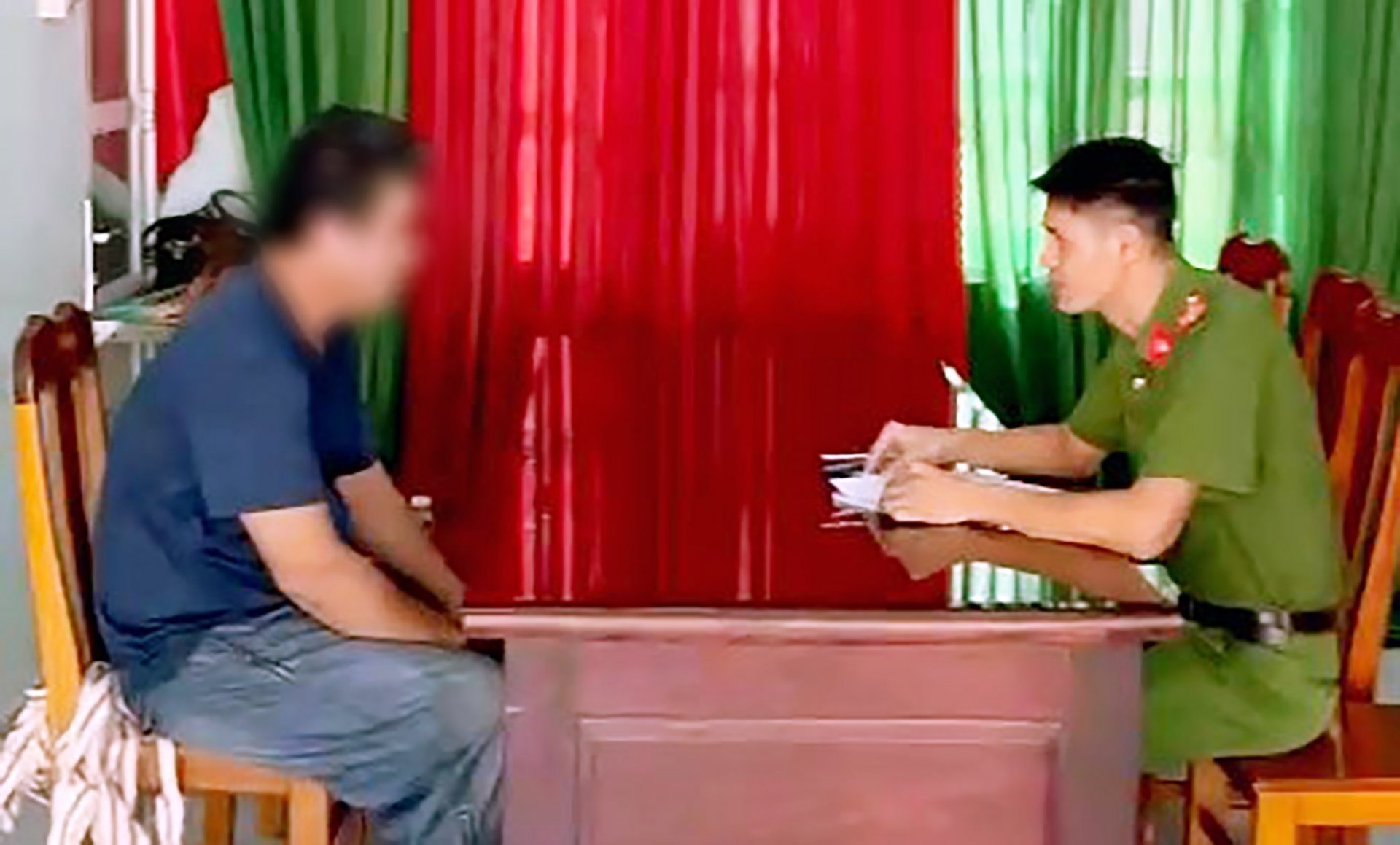










Comment (0)